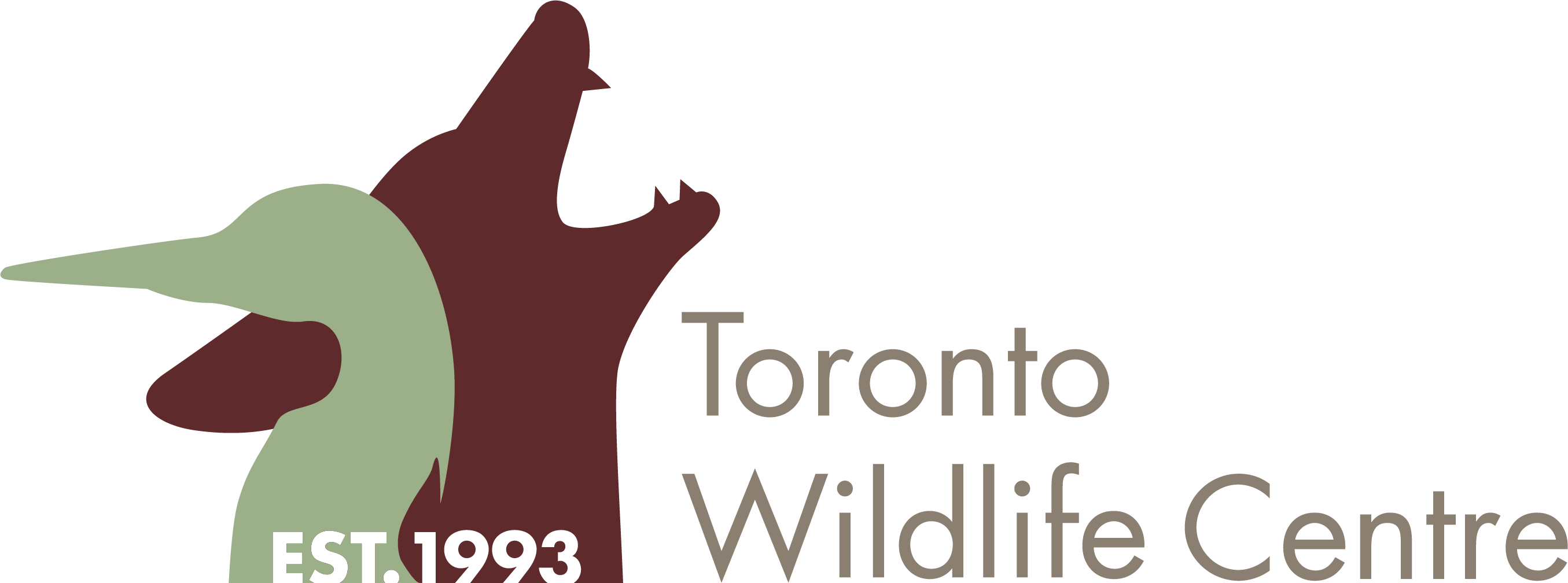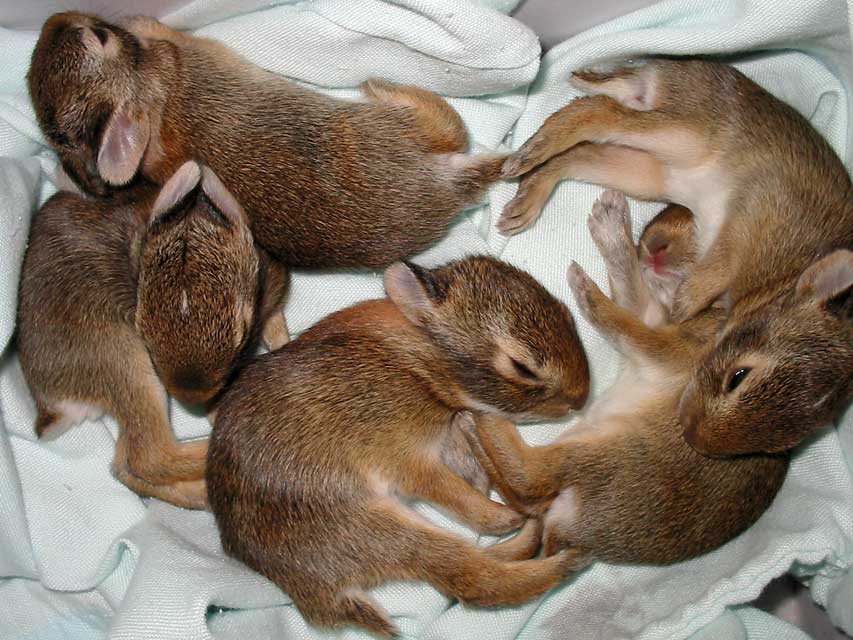Thank you for taking the time to rescue a wild animal. It is a selfless act and a critically important step in giving sick, injured and orphaned wildlife a second chance at life in the wild. TWC strives to help as many as we possibly can. We admit up to 6,500 wild patients every year and can have hundreds of animals in care at our centre, at any given time, during our busy season.
As a charity with limited resources, the need for help is sadly far greater than what we alone can provide. Due to overwhelming demand during spring and summer, we have no other option but to limit admissions of babies from the most common species. By doing so, we ensure that our patients receive timely, quality care. This gives them the best chance to develop successfully and return to the wild.
TWC’s Wildlife Hotline staff do everything possible to find the best option for orphaned and displaced babies. Unfortunately, there are not enough wildlife rehabilitators in southern Ontario to care for all the orphaned and injured babies that need help. Every year, wildlife rehabilitators reach a point where they are full and can no longer responsibly care for orphaned babies (especially common species, such as squirrels, raccoons and cottontail rabbits). It is at this point – when there is no chance of a reunion with parents, and nowhere for the animal to go to receive proper care – that we must, sadly, refer the animal for humane euthanasia.
Humane euthanasia is a release from current or future suffering and is one of the kindest treatments we can offer to a wild baby that is not old enough to survive in the wild on its own. If an orphan is left to fend for itself, it will succumb to starvation, dehydration, hypothermia (even in the summer) or predation. This process can take days or even weeks, and is a terrible end for the animal. Although difficult, providing humane euthanasia is a quick, peaceful and compassionate option.
When all avenues to help the baby have been exhausted (e.g. reuniting, finding a wildlife rehabilitator), humane euthanasia is the only option left. In these cases, we usually advise you to contact your local animal services agency. In many municipalities, the animal will be picked up (or in some cases you can drop it off) and the service is provided free of charge. If you live in a municipality where this service is not available, we will recommend contacting your local veterinarian – although they are not able to rehabilitate wildlife without a license, they are permitted to provide humane euthanasia in circumstances where no other option exists.
We understand that even when euthanasia is the only compassionate treatment available, it remains an emotional and difficult decision to make. We encourage you to reach out to your local representatives (e.g. councillors, MPs and MPPs) and share your story. Wildlife rehabilitation is a costly and time-consuming endeavour, and all who do it operate primarily on donations. Ask your representatives to support wildlife rehabilitation so that we can all help more wild animals in need.
If you are considering raising the baby yourself, please read our section titled “Why can’t I raise an orphaned wild baby?”


